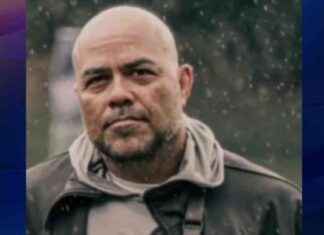The head of the investigative court number 18 of Barcelona has decided not to investigate the torture by the Franco police of the trade unionist Carlos Vallejo at the Via Laietana police station, considering that the events are “prescribed and amnestied”, against the criteria of the Prosecutor’s Office who had taken a position in favor of admitting the complaint.
The magistrate ruled that the facts presented by the trade unionist, president of the Catalan Association of Political Expresses of Francoism and the Participation Council of the Democratic Memorial, Carlos Vallejo do not constitute a crime against humanity, and that the “principles of criminal legality, of irretroactivity of unfavorable dispositions and validity of the amnesty law are insurmountable obstacles”, in view of the constitutional jurisprudence.
In the complaint, Vallejo denounced that he was a victim of torture in the cells of the Via Laietana headquarters after being detained in the early seventies for 20 days, and is directed against Vicente Joan Creix, chief commissioner of the Police at the headquarters during the Franco regime, Genuino Navales, commissioner of the same center during the time, and four more inspectors.
A few minutes after hearing the judge’s decision, the Regional Minister of Justice of the Generalitat, Gemma Ubasart, announced that they will go to the decision because they understand that “international law establishes the framework for opening judicial processes” and that this scenario is consolidated with the Law of Historical Memory, which imposes on the State “the duty to investigate violations of international law” and “the right to truth and reparation for victims” during the Civil War and the dictatorship.








